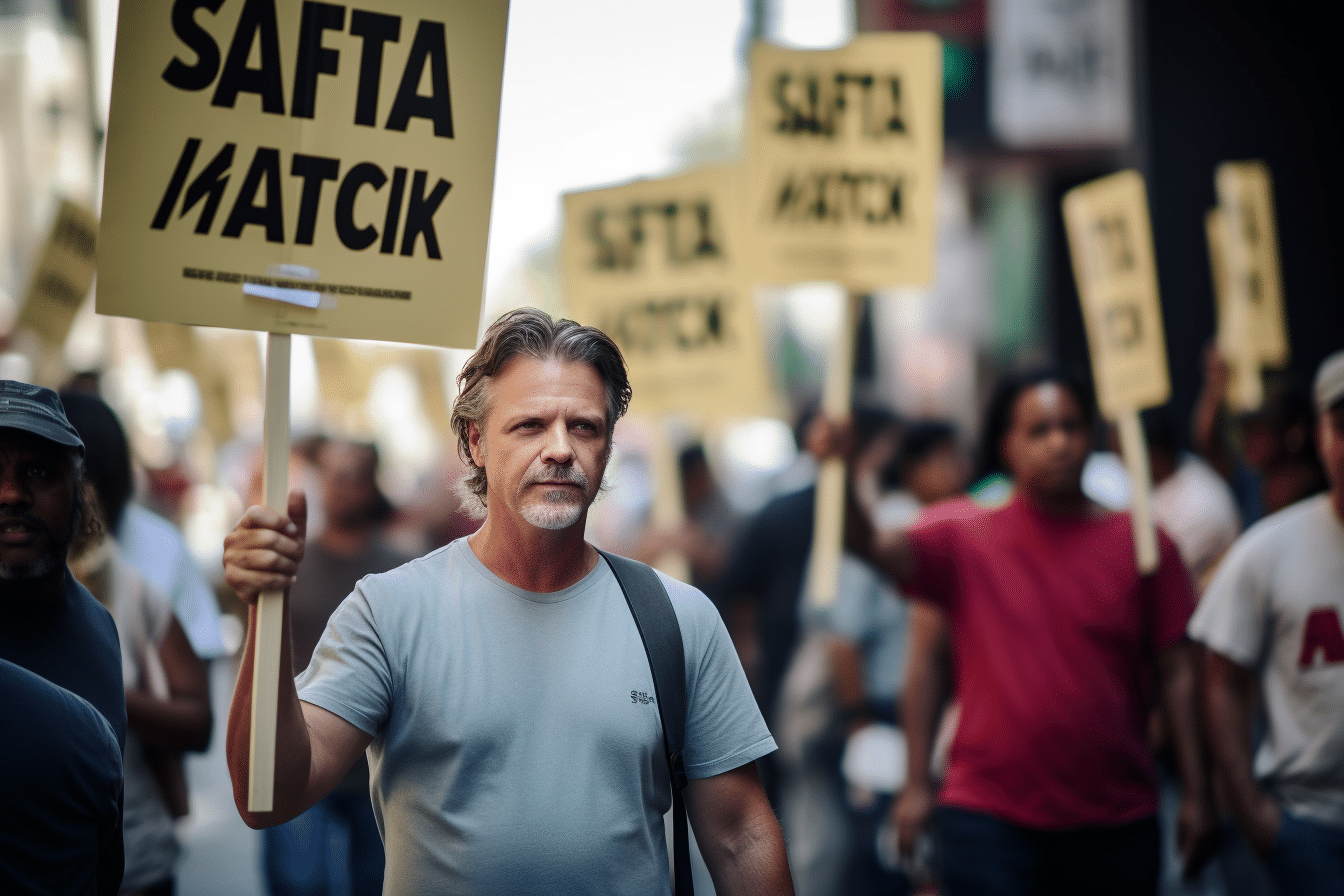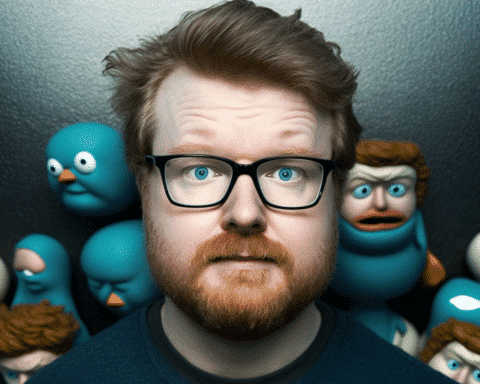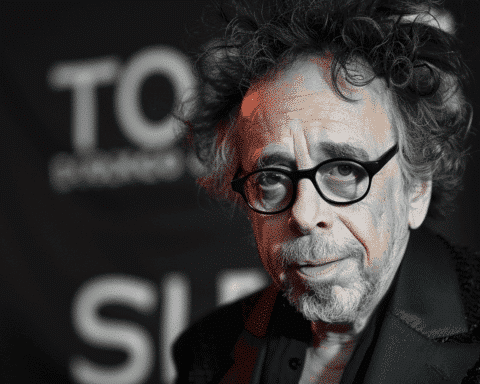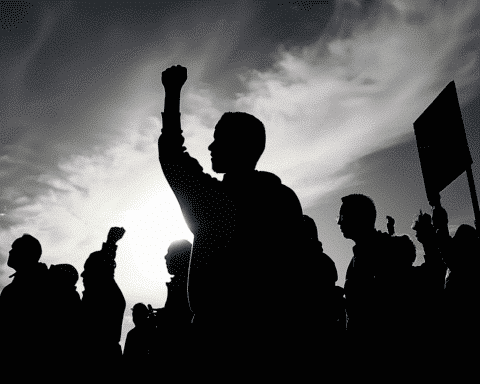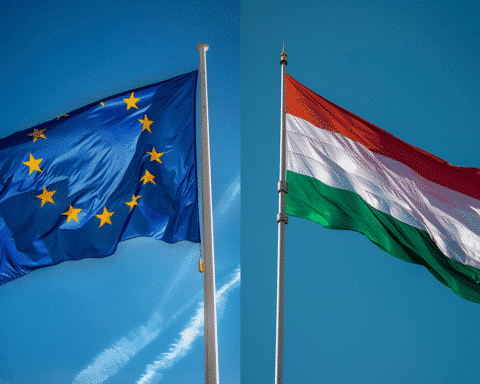The Venice Film Festival this year was notably bereft of Hollywood stars due to an ongoing actors’ strike. Even the handful of A-list celebrities who did attend appeared uneasy about choosing the glamour of the red carpet over standing with their colleagues on the picket line.
During the festival’s final day of competition on Friday, Academy Award-winning actress Jessica Chastain expressed her reservations about being in Venice to promote her indie film “Memory,” despite having a union-sanctioned waiver to attend.
“I received conflicting advice from my team,” Chastain admitted, adding that she ultimately chose to attend in order to vocally support the Screen Actors Guild (SAG) and the American Federation of Television and Radio Artists (AFTRA).
Actors joined a strike in July, aligning with writers who had initiated their own work stoppage in May. The collective demands include better contract terms from streaming services and film studios, as well as regulations on the employment of artificial intelligence.
“I’m here because SAG-AFTRA has clearly indicated that supporting the strike involves social media posts, walking the picket lines, and participating in projects that adhere to interim agreements,” Chastain elaborated.
The labour actions have ground to a halt in both TV and film production in Hollywood. However, independent projects like “Memory,” unaffiliated with major studios, have been granted exceptions to continue working or promoting, provided they meet the latest union stipulations.
Solidarity
Alberto Barbera, Venice’s artistic director, had forecasted that actors from merely three of the 23 competing films would be absent due to the strike. As expected, stars such as Emma Stone, Michael Fassbender, and Bradley Cooper did not attend. However, numerous other top-tier actors in smaller or foreign projects, including Lea Seydoux, Penelope Cruz, and Liam Neeson, also stayed away. While no official explanation was provided, insiders suspect solidarity played a role.
Some independent films like Ava DuVernay’s “Origin” also refrained from bringing their leading actors, as producers were hesitant to meet the latest union requirements, fearing it might impede their chances of securing distribution deals.
With the actors absent, directors often took on the role of spokespersons, regularly fielding questions about the ongoing labour dispute. Some, like Sofia Coppola, who was in Venice for her latest film “Priscilla,” were openly supportive. “I fully endorse the unions’ fight for fair wages,” she said.
Others were more cautious. “I don’t have any definitive solutions or suggestions,” commented Wes Anderson, who was in attendance for his short film “The Wonderful Story of Henry Sugar,” but without his star-studded cast including Benedict Cumberbatch, Dev Patel, and Ben Kingsley.
Several actors who did make it to the festival sported T-shirts endorsing the strike, including the president of the main jury, Oscar-winning director Damien Chazelle.
Dressed in her own union-supportive T-shirt, Chastain stressed that the culture of silence among actors to protect their careers was detrimental. “This silence has perpetuated workplace abuse for years and has also burdened union members with unjust contracts,” she told the media.
In a year marked by labour disputes, the absence of Hollywood’s glitterati at Venice serves as a poignant reminder of broader industry issues that remain unresolved. While some directors and independent projects have navigated this precarious landscape, the strike’s influence was an unavoidable subject that loomed large over the festival, even in the absence of its most vocal proponents. Whether this collective action will lead to meaningful change is still unknown, but it has certainly cast a long shadow that extends well beyond the canals of Venice, serving as a focal point for conversations about fairness, compensation, and the future of entertainment labour.
